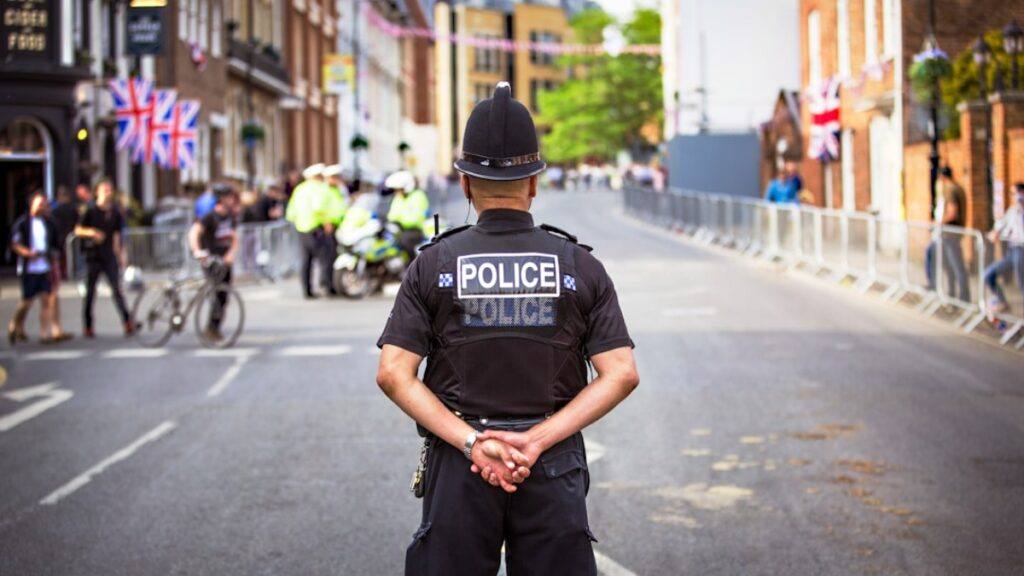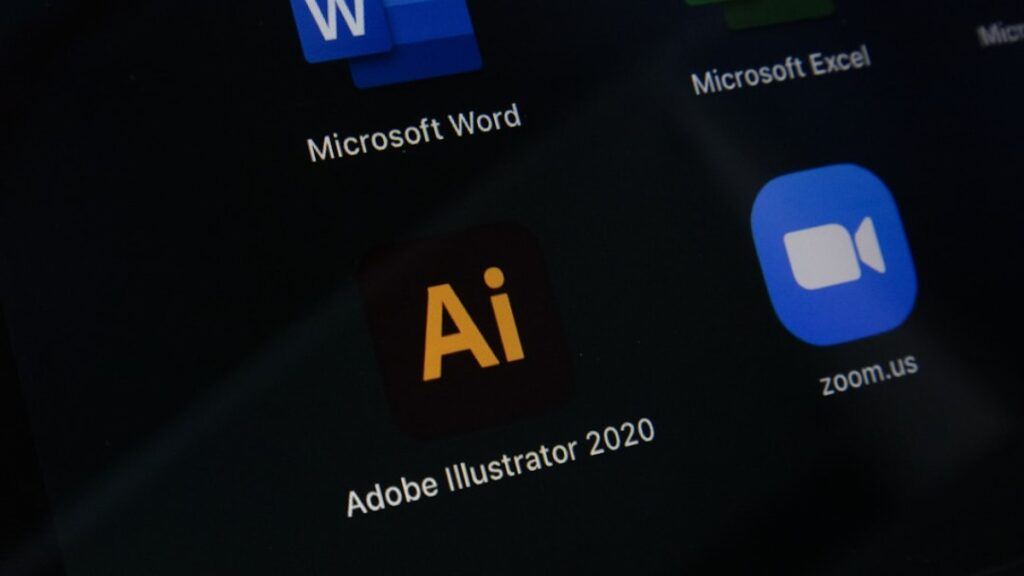
Dear friends, your privacy and security on Facebook matter more than ever. Whether you’re using Facebook for socializing or business, cybercriminals are always looking for ways to exploit personal data. To help you stay safe, here are the best Facebook security tips you should follow in 2024.
1. Log Out of All Devices After Use
Whether you’re using a personal, public, or shared device, always log out of Facebook when you’re done.
Why is this important?
- Prevents unauthorized access – If someone else gains access to your device, they won’t be able to use your Facebook account.
- Protects against malware – Logging out helps prevent hackers from tracking your online activity.
- Applies to all accounts – Not just Facebook! This applies to Gmail, Twitter, Instagram, and any other online platform.
📌 Quick Tip: To log out remotely, go to Settings > Security and Login > Where You’re Logged In, and remove unknown devices.
2. Beware of Forwarded Messages & Scams
Hackers use different tricks to steal your data, and one of the most common is forwarded messages.
How does this work?
- You might receive a forwarded message asking you to share it with all your contacts.
- These messages often contain phishing links or attempt to manipulate your emotions.
- Clicking on unknown links can lead to your Facebook account being hacked.
🚨 How to stay safe:
- Never click on suspicious links in forwarded messages.
- Verify information before sharing – many of these messages are hoaxes.
- Use Facebook’s reporting feature to flag scam messages.
3. Beware of Fake Friend Requests
Receiving new friend requests can be exciting, but not everyone is who they claim to be.
Why are fake friend requests dangerous?
- Hackers pretend to be someone you know to gain access to your personal data.
- They can use your identity to scam your real friends into sending money.
- Some hackers take over your account and use it to post inappropriate content.
🔒 How to protect yourself:
- Only accept requests from people you know in real life.
- Check mutual friends – if you have none, be cautious.
- Use Facebook’s Privacy Settings to limit who can send you friend requests (Settings > Privacy > Who Can Send You Friend Requests).
4. Adjust Your Facebook Privacy Settings
Facebook has powerful privacy settings that can help you protect your personal information.
Key security settings to enable:
✅ Enable Two-Factor Authentication (2FA): Adds an extra layer of protection.
✅ Limit Profile Visibility: Set your profile to Friends Only to reduce exposure.
✅ Control Who Sees Your Posts: Change your default posting audience to Friends instead of Public.
✅ Review Third-Party App Access: Go to Settings > Apps & Websites to remove suspicious apps.
5. Recognize & Avoid Phishing Scams
Phishing scams are designed to trick you into giving away your Facebook login credentials.
🔴 Common signs of phishing:
- Emails or messages claiming “Your account is about to be deleted” with a suspicious link.
- Facebook login pages that look real but have a strange URL.
- Fake messages from “Facebook Support” asking for your password.
🚫 How to protect yourself:
- Never enter your Facebook login details on an unfamiliar website.
- Use Facebook’s official website: www.facebook.com (not fake links).
- Enable Login Alerts in Settings > Security and Login to be notified of suspicious login attempts.
Final Thoughts: Stay Vigilant on Facebook
Like any social media platform, Facebook is full of scammers, hackers, and cyber threats. The good news? By following these essential security tips, you can protect your account from hackers and fraudsters.
Recap of the Top Facebook Security Tips:
✔️ Always log out after using Facebook on shared devices.
✔️ Never forward or click on suspicious messages.
✔️ Be cautious of fake friend requests – hackers use them to steal data.
✔️ Adjust privacy settings to keep your personal info safe.
✔️ Stay alert for phishing scams that trick you into revealing your login details.
💡 Pro Tip: If you suspect your account has been hacked, immediately change your password and visit Facebook’s Help Center for recovery options.
Stay safe online! If you found this guide helpful, share it with your friends to help them stay protected too.


